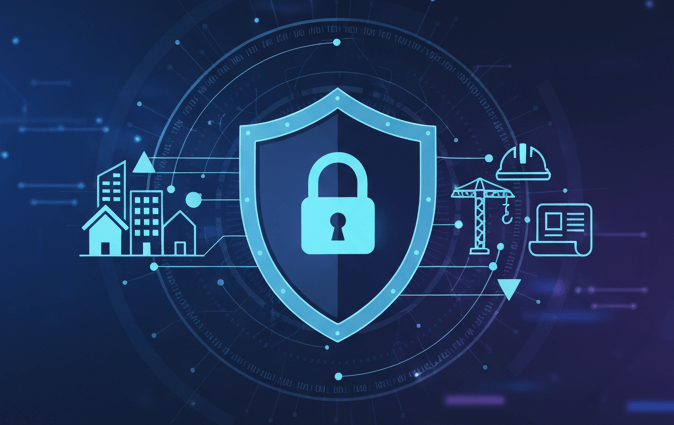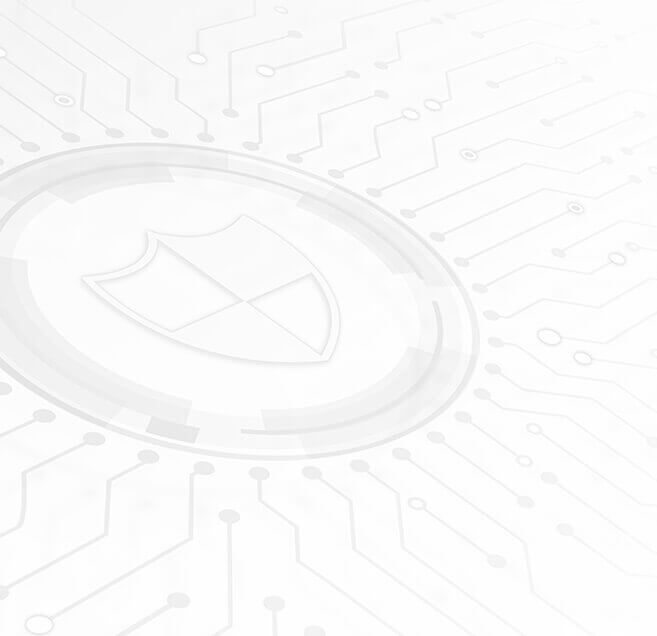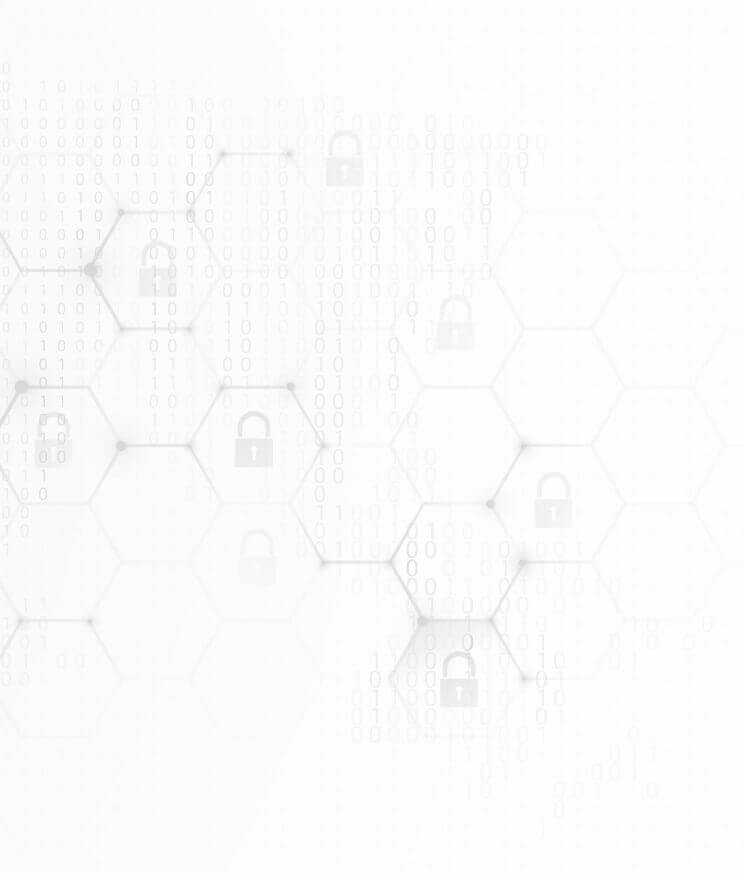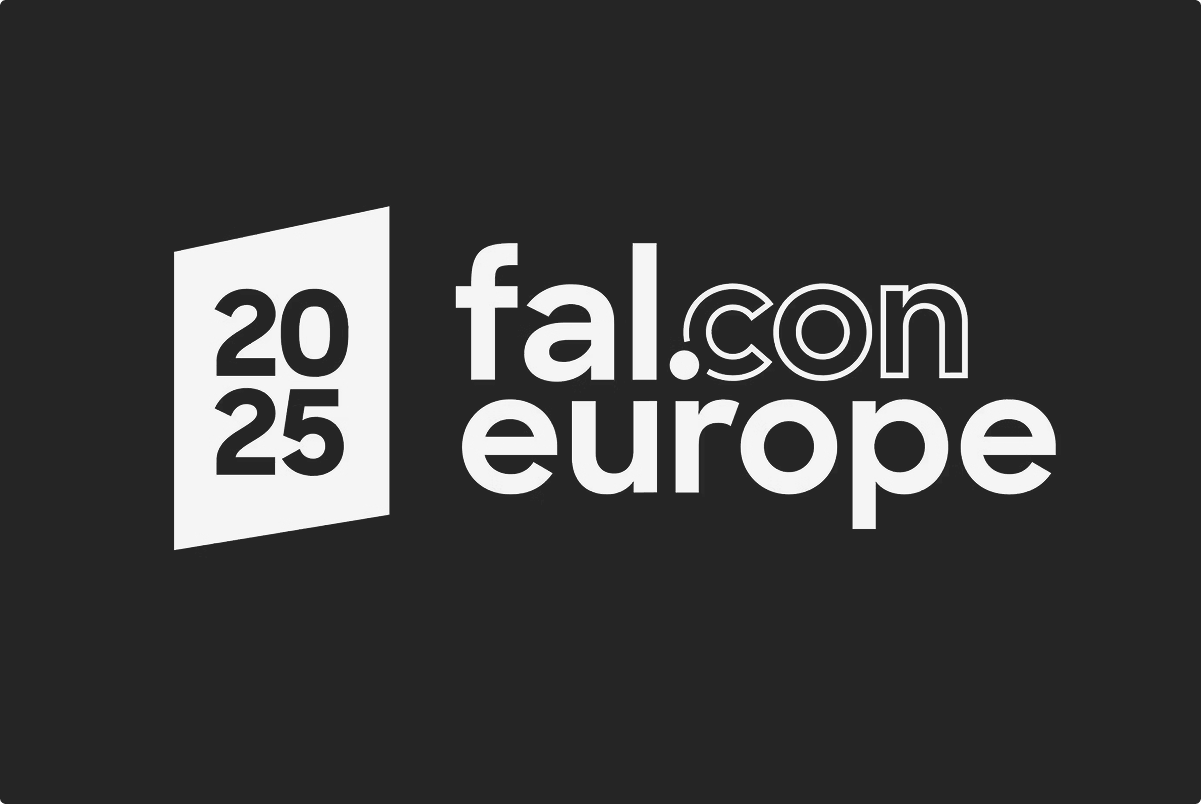
The housing sector faces an unprecedented wave of cyber threats, with housing associations increasingly finding themselves in the crosshairs of cybercriminals. Recent analysis of data protection challenges in the housing sector reveals a stark reality: data breaches involving housing associations are on the rise, with 86 individual incidents recorded in just seven months, compared to 74 incidents in the previous eight-month period.
This trend underscores the critical importance of robust cyber security measures for housing providers who handle vast amounts of sensitive tenant data, from personal contact details to medical records and financial information.
The Scale of the Challenge
Housing associations face unique vulnerabilities that make them particularly attractive targets for cybercriminals. These organisations typically hold extensive databases spanning decades of tenant information, often accumulated through property transfers, council stock acquisitions, and organic growth. As data protection expert Eeshma Qazi explains: “Housing associations historically hang on to a huge pile of data. At some point they might have taken something over from a council and sometimes they may not even know what data they hold. And the more you hold, the more you are accountable for.”
The consequences of inadequate protection are severe. Under GDPR regulations, organisations can face fines of up to 4% of annual turnover or €20 million, whichever is higher. The financial penalties imposed on major corporations serve as a warning to all sectors.
Primary Threat Vectors
Human Error
Data governance experts identify human error as the number one risk, with staff “accidentally doing the wrong thing, emailing the wrong person, attaching the wrong file, or leaving information in the file.” Misdirected emails, incorrectly attached files, and oversharing of sensitive information represent the most common causes of data breaches in the sector.
Phishing and Social Engineering
Cybercriminals increasingly target housing association staff through sophisticated phishing campaigns. These attacks have become more frequent and convincing, often appearing to come from trusted sources within the organisation or from legitimate external partners.
Ransomware and Cyber Attacks
Recent incidents in Scotland highlight the growing threat, with the Scottish Housing Regulator reporting several cyber attacks against social landlords, including cases where hackers gained access to personal data. These attacks can cripple operations whilst exposing thousands of residents’ personal information.
Building Robust Defences
1. Data Governance and Classification
Effective cyber security begins with understanding exactly what data your organisation holds. Conduct comprehensive data audits to:
- Identify all data repositories across your systems
- Classify information according to sensitivity levels
- Establish clear data retention policies
- Remove redundant or unnecessary historical data
2. Staff Training and Awareness
Given that human error represents the primary risk vector, ongoing staff education and security awareness training is crucial. Implement regular training programmes covering:
- Recognition of phishing attempts and social engineering tactics
- Proper email protocols and data sharing procedures
- Incident reporting procedures
- GDPR compliance requirements
3. Technical Security Controls
Deploy multi-layered security measures including:
- Advanced email filtering and anti-phishing solutions
- Endpoint detection and response (EDR) systems
- Managed Detection and Response (MDR)
- Network segmentation to limit breach impact
- Regular security patching and vulnerability assessments
- Encrypted communication channels for sensitive data
4. Access Controls and Authentication
Implement robust access management protocols:
- Multi-factor authentication for all system access
- Role-based access controls limiting data exposure
- Regular access reviews and deprovisioning procedures
- Privileged account management for administrative access
Navigating GDPR and Subject Access Requests
The introduction of GDPR has fundamentally changed how housing associations must handle personal data. Organisations report significant increases in subject access requests, with some tenants making requests “every three months,” often supported by solicitors during disputes.
To manage this effectively:
- Establish clear procedures for handling subject access requests
- Ensure staff understand what information can and cannot be disclosed
- Implement systems to quickly locate and compile requested information
- Review email communications policies, as all emails referencing a tenant may be subject to disclosure
The Business Case for Investment
Whilst implementing comprehensive cyber security measures requires investment, the costs pale in comparison to the potential consequences of a significant data breach:
- Financial penalties: GDPR fines can reach millions of pounds
- Operational disruption: Cyber attacks can halt critical services for weeks
- Reputational damage: Loss of tenant trust and negative publicity
- Legal costs: Dealing with regulatory investigations and potential litigation
- Remediation expenses: System recovery, data restoration, and security improvements
Sector Collaboration and Best Practices
The housing sector is responding to these challenges through collaborative initiatives. Industry leaders are developing a housing code of conduct for data protection, working with the National Housing Federation and seeking approval from the Information Commissioner’s Office.
This collaborative approach demonstrates the sector’s commitment to raising standards and sharing best practices. Housing associations should engage with these initiatives whilst developing their own robust security frameworks.
Partner with Mondas for your Housing Cyber Security
At Mondas, we understand the unique challenges facing housing associations in today’s threat landscape. Our comprehensive cyber security solutions are specifically designed to address the vulnerabilities prevalent in the housing sector.
Our services include:
- Risk Assessment and Compliance: Comprehensive audits to identify vulnerabilities and ensure GDPR compliance
- 24/7 Threat Monitoring: Advanced detection systems to identify and respond to threats in real-time
- Staff Training Programmes: Tailored awareness training to address housing sector-specific risks
- Incident Response: Rapid response capabilities to minimise the impact of any security incident
- Data Governance Consulting: Expert guidance on data classification, retention, and protection strategies
Building Resilience in Housing Associations
The cyber security landscape continues to evolve, with new threats emerging regularly. Housing associations must adopt a proactive stance, viewing cyber security not as an ongoing commitment to protecting their residents and their operations.
As data protection expert Eeshma Qazi concludes: “It’s not a tick-box exercise, it’s about embedding behaviours. GDPR is not just for Christmas, it’s for life.”
The housing sector’s increasing focus on data protection represents both a challenge and an opportunity. Organisations that invest in robust cyber security measures now will not only protect themselves from current threats but position themselves as trusted, reliable partners for their residents and stakeholders.
In an environment where data breaches can devastate both finances and reputation, comprehensive cyber security isn’t just advisable – it’s essential.
Mondas provides comprehensive cyber security solutions tailored specifically for housing associations and construction companies. Contact us today to discuss how we can help protect your organisation and your residents’ data.
Published 30/09/2025





